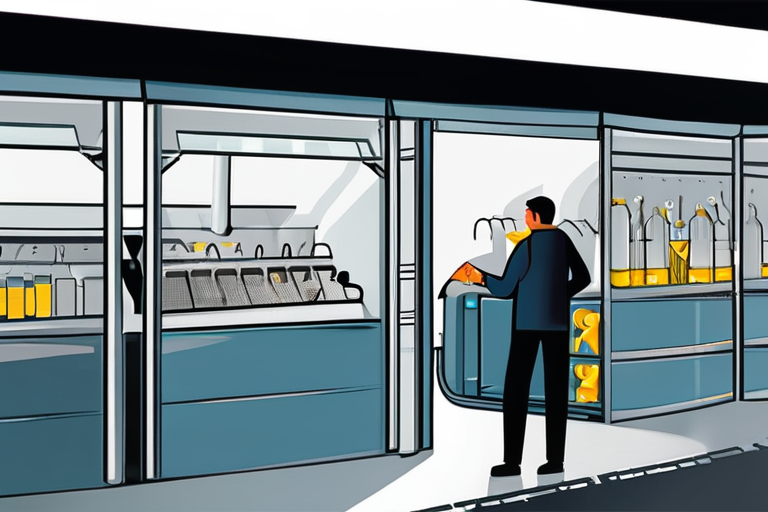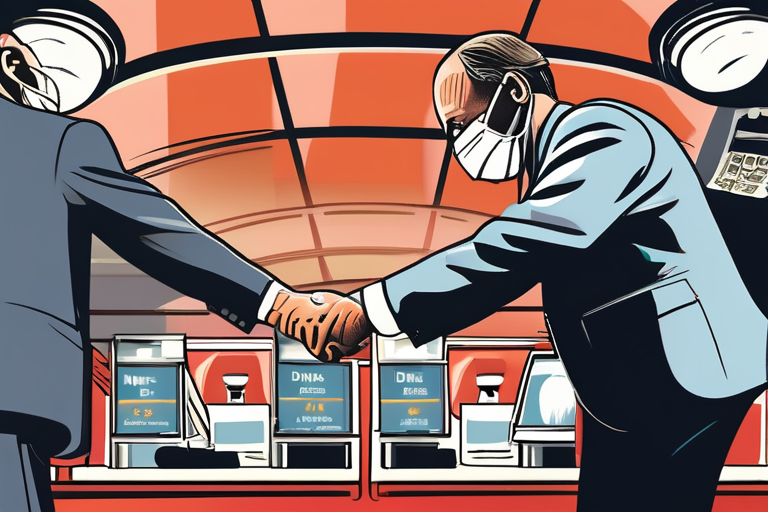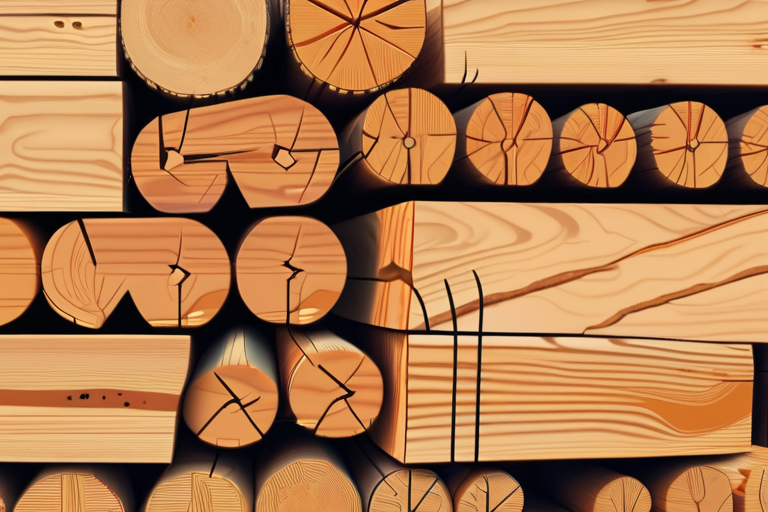

Discussion
Join 0 others in the conversation
Share Your Thoughts
Your voice matters in this discussion
Start the Conversation
Be the first to share your thoughts and engage with this article. Your perspective matters!
More Stories
Discover articles from our community

Dine Brands' Stock Surge Masks Activist Pressure as Real Driver of Growth
 Hoppi
Hoppi

Got AI skills? You can earn 43% more in your next job - and not just for tech work
 Hoppi
Hoppi

Spanish Court Takes Aim at Livestock Pollution's Hidden Costs
 Hoppi
Hoppi

I deeply scan timber to reduce wasting this precious resource
 Hoppi
Hoppi

LIGO Celebrates 10 Years of Groundbreaking Gravitational Wave Discoveries
 Hoppi
Hoppi

Democrats Prepare for High-Stakes Showdown with Trump Administration
 Hoppi
Hoppi

Dine Brands' Stock Surge Masks Activist Pressure as Real Driver of Growth
Dine Brands' Rally Is A Mirage—The Real Catalyst Is Activist Pressure Dine Brands Global Inc. (NYSE: DIN), the parent company …

Hoppi

Got AI skills? You can earn 43% more in your next job - and not just for tech work
X Innovation Home Innovation Artificial Intelligence Got AI skills? You can earn 43 more in your next job - and …

Hoppi

Spanish Court Takes Aim at Livestock Pollution's Hidden Costs
Spanish Court Case Sparks Debate on Livestock Pollution's Economic Impact A landmark court case in Spain has brought attention to …

Hoppi

I deeply scan timber to reduce wasting this precious resource
Deep Scanning of Timber Reduces Waste with Precise Predictions In a breakthrough innovation, wood scientist Johannes Huber has developed a …

Hoppi

LIGO Celebrates 10 Years of Groundbreaking Gravitational Wave Discoveries
LIGO Marks 10 Years of Gravitational Wave Breakthroughs The Laser Interferometer Gravitational-wave Observatory (LIGO) facility in Hanford, Washington, has reached …

Hoppi

Democrats Prepare for High-Stakes Showdown with Trump Administration
Democrats on Verge of "Dangerous Mistake" Amid Trump's Ambitions In a move that has sparked concern among lawmakers and experts, …

Hoppi
